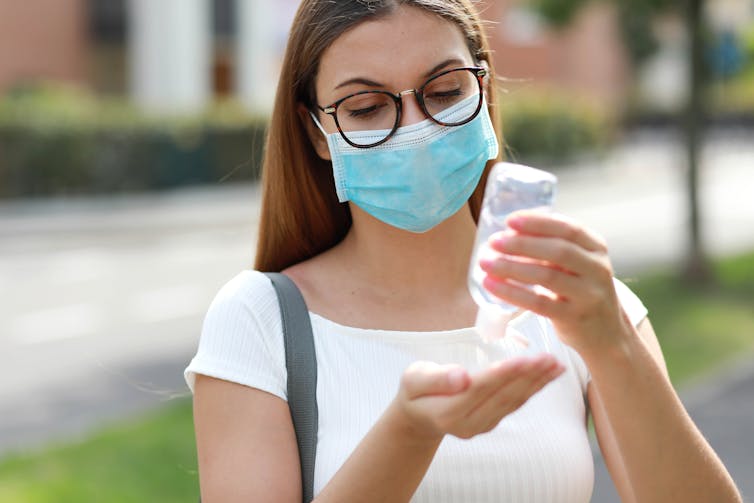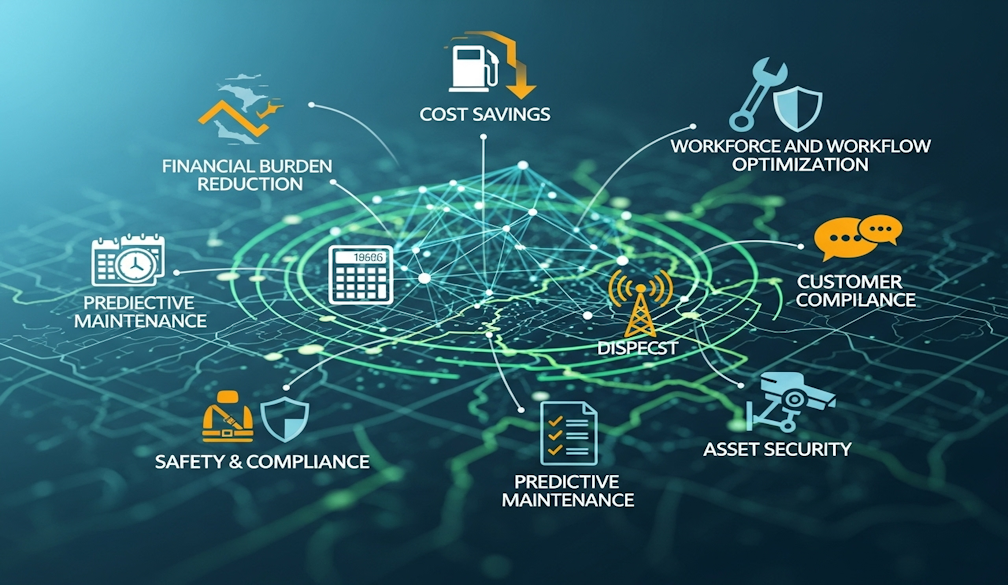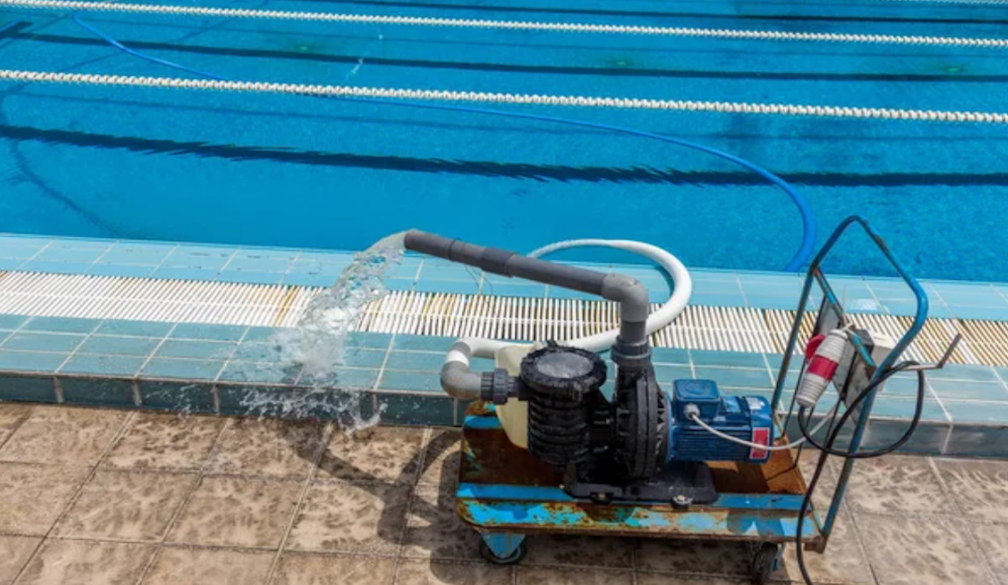School is important, and so is staying safe from coronavirus. Here are some tips for returning seniors
- Written by Gerard Fitzgerald, Emeritus Professor, School of Public Health, Queensland University of Technology
Victorian senior students returned to school this week, as did those in specialist schools. This follows substantial community transmission of COVID-19, and stage three restrictions, in metropolitan Melbourne and the Mitchell Shire.
Although senior and specialist school students in the restricted areas are going back to class, government school students in prep to Year 10 (except those doing VCE subjects) will learn remotely for term three.
Whether schools close or remain open has been one of the more contentious aspects of this pandemic.
The Australian government previously signalled a lack of sustained and widespread community transmission meant it was more important for children to attend school than stay at home. But the situation has now changed, in Victoria at least.
That state recorded 270 new cases of COVID-19 since yesterday, with 147 linked to an outbreak at Al-Taqwa College. Almost all the new cases come from community transmission.
For returning seniors and teachers, it’s important to remember no single measure in isolation prevents disease transmission. It is a matter of reducing the likelihood and enhancing the capacity of the system to deal with events that occur.
School closures have consequences
Most of our evidence on the effectiveness of school closures comes from influenza research. Closing schools has been shown to reduce the speed and extent of influenza spread. This measure won’t be effective in isolation, though, and must be complemented by social distancing and enhanced personal hygiene.
But SARS-CoV-2 (the virus that causes COVID-19) is different to influenza. Children are less likely to become infected and less likely to become seriously ill.
A recently reported German study suggests fewer than 1% of children and teachers had contracted the disease at school. Other analysis has not shown significant benefit from closing schools, even in communities with widespread community transmission.
That doesn’t mean transmission cannot occur among teachers and students, as we have seen with several outbreaks in Australian schools.
It is just that schools are not the disease incubators they would be with influenza or rhinovirus (which causes the common cold). This means transmission is not as likely in schools as it appears to be among adults.
The Victorian government has indicated Year 11 and 12 students – and those in Year 10 studying for the VCE – should return to school, and special schools should remain open, even in areas under restrictions. But universities, TAFE and adult education must continue online.
 Wearing a mask isn’t harmful, and it does offer some protection.
Shutterstock
Wearing a mask isn’t harmful, and it does offer some protection.
Shutterstock
Even though senior students may have a similar transmission as adults, the logic is that educational and social disadvantage faced by senior students outweighs the risk of disease transmission.
And older students should also be able to understand the importance of health protection strategies and cooperate more readily than younger children can.
They are at a critical stage of their education, where lost access to education for a prolonged period may have longer life implications.
The unique social and personal support offered by special schools may also outweigh the COVID-19 risks.
Meanwhile, adults in higher education institutions usually have alternatives to allow them to continue their education.
So, what should schools do?
Victorian schools need to adhere to enhanced public health protections — this is understandably challenging for principals and teachers.
Whatever the schools can do will help reduce risk — it is not necessary to do everything, if not possible.
Managing fewer classes by only having senior students and children of essential workers on campus may help schools maximise screening, social distancing and enhanced personal hygiene measures.
Teachers and students who may be at greater risk if they contract this disease, including older teachers and those with chronic illness, should isolate themselves if possible.
The Victorian government has provided guidelines for schools but these contain quite a lot of varied information which could be confusing for staff and parents.
There are five key principles for risk mitigation in schools
1. Maintain a high level of awareness of COVID-19 transmission
This should be done through standard and consistent communication to staff, parents and students.
2. Stop infected people from attending school
Parents, students and staff should be required to stay away from the school if they are infected or have been exposed to someone with the disease.
Schools should screen people on arrival, including, if possible, temperature screening either on arrival or at first class, dependent on the circumstances of the school. Anyone with symptoms or a temperature should be removed immediately and quarantined.
The Victorian government has promised more than 14,000 non-contact thermometers for government, independent and Catholic schools in metropolitan Melbourne and Mitchell Shire, and to schools in neighbouring areas that need them.
3. Implement a practical level of social distancing
Mass gatherings, assemblies and functions should be avoided, arrival and departure times staggered. Break times should also be staggered and students spread out during them.
5. Maintain hygiene
Students and teachers should wash or sanitise their hands on arrival, before and after breaks and before departure.
Everyone should consider using face masks where social distancing is not possible, such as on public transport. Masks are not harmful, but they do not necessarily protect from COVID-19, so they can’t be completely relied on. They are just one measure of reducing risk.
High traffic areas must be subject to enhanced cleaning and environmental hygiene practices.
No single measure is critical and there are no guarantees, but together, reasonable approaches will reduce risk and offer increased protection.
Authors: Gerard Fitzgerald, Emeritus Professor, School of Public Health, Queensland University of Technology



















